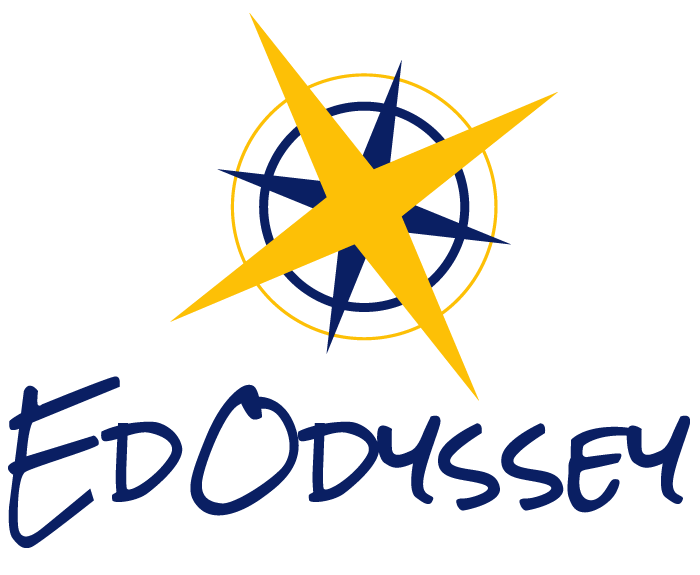Blog
Supporting LGBTQ+ Study Abroad Students: Questions and Resources
LGBTQ+ students who go abroad face questions when evaluating study abroad options and opportunities. Before considering a study abroad experience, each student should consider how his/her/their program prospects will support him/her/them throughout their experience.
LGBTQ+ Experience in Peru: Johanna's Alum Perspective
Guest Author: Johanna M., one of our alumni from Fall Semester 2018, shares her insights into aspects of her lived experiences in Lima, Peru.
The EdOdyssey Educator: May 2021 Newsletter
For travelers and study abroad enthusiasts, gain unique insights into World News and EdOdyssey News in the blog version of our monthly newsletter, in case you missed it!
Developing Your Study Abroad Personal Project: 3 Steps for Student Success
Studying a semester abroad can be one of the most important experiences of your life, and you’ll want to have a piece for your professional portfolio that differentiates you from other study abroad students and young professionals. When you walk away from this experience, you’ll come away with a unique project that showcases your passions and skills.
Black History Month: The Importance of American Black Leadership in the World
February is Black History Month, and to celebrate it, you’ll learn about how travel experiences abroad have influenced and made an impact on the lives of American black leaders.
Search previous blogs here.

